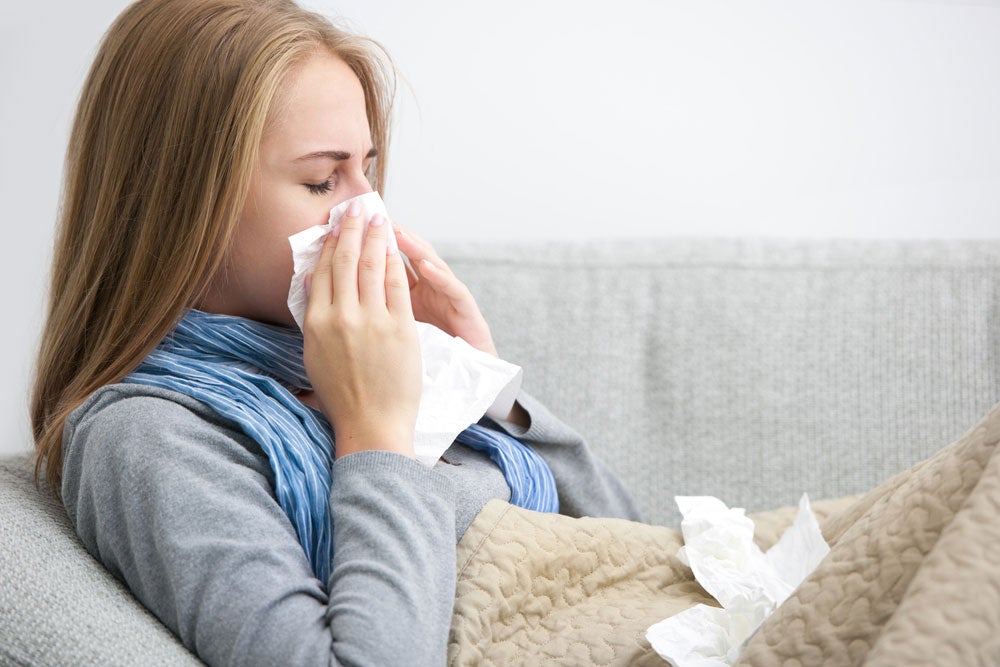Getting Sick as You Prepare for Hysterectomy
If you are scheduled for a hysterectomy and the sniffles and sneezing has started, you may wonder if your surgery will be cancelled. The first thing you need to do is call your doctor immediately. Many of us hesitate to do this, fearing that it means immediate cancellation of surgery, but this is not necessarily so!
A lot depends on how far away from surgery you are when your first symptoms begin. A lot also depends on your pre-operative condition: for example, if you have asthma, the doctors are a lot more likely to be conservative—this is really for your own protection.
Anesthesia is difficult for the lungs and the whole body and if that body is compromised by anemia, lung problems, or a viral illness, then the risks of surgery can be exponentially increased. It’s really to your advantage to have your body into the best shape possible as you face surgery.
Another reason to call your doctor instantly if you start a viral illness or develop a rash would be to give them the opportunity to call in any prescriptions that you might need.
Your doctor absolutely needs to know whatever you may be taking. Echinacea, Vitamins C and E, and aspirin/ibuprofen can all change the metabolism of many anesthetic agents, antibiotics, and pain medications. Please don’t hide these from your doctor for fear that your surgery will be postponed or cancelled outright. It may not lead to cancellation at all, but rather to changes in your care.
Within two weeks of your surgery, if you have been exposed to certain viruses, such as chickenpox or the flu, it is also important to call your doctor. There are now medications we can use at the very beginning of a viral illness that can limit its symptoms.
And if you do have a flu shot each year, try to schedule it for about two weeks prior to your surgery (by then, the immune system response to the vaccine has diminished leaving you presumably back to your baseline). It’s not that your surgery would be cancelled if it’s closer, but that your immune system is in “overdrive” right after getting the vaccination—not the best situation for going into a major surgery such as a hysterectomy.
This information is especially important during the fall and early winter when your family members are coming home with colds and other viruses from school or work, and you yourself may be exposed at your own work place.
It is an especially important time to remember your handwashing. Any time you touch someone else, a pet, or a common item (such as a door handle), wash your hands. Good handwashing is the single most effective way to protect yourself against viruses.
The immediate pre-operative period is also a time to pay careful attention to your diet. Keep up your intake of fruits and vegetables, although the immediate week before surgery is a good time to lay off the dark green leafy vegetables, such as chard, spinach, or broccoli. These vegetables are rich sources of vitamin K which can impair blood clotting times. It’s also a good time to cut back on sugar (which can help you avoid yeast infection with postoperative antibiotics), alcohol, fatty foods, and caffeine. This is hard to do for those of us who eat when we’re nervous!
In short, “pampering the princess” really begins before surgery. Many of us go into surgery anemic, and nearly all of us go into surgery stressed as a baseline. And surgery is a further stress. But there are steps you can take to make sure that your body is the best shape possible for your trip to the hospital.
This content was written by staff of HysterSisters.com and published here by permission. See the original content here: Illness Before Hysterectomy.







